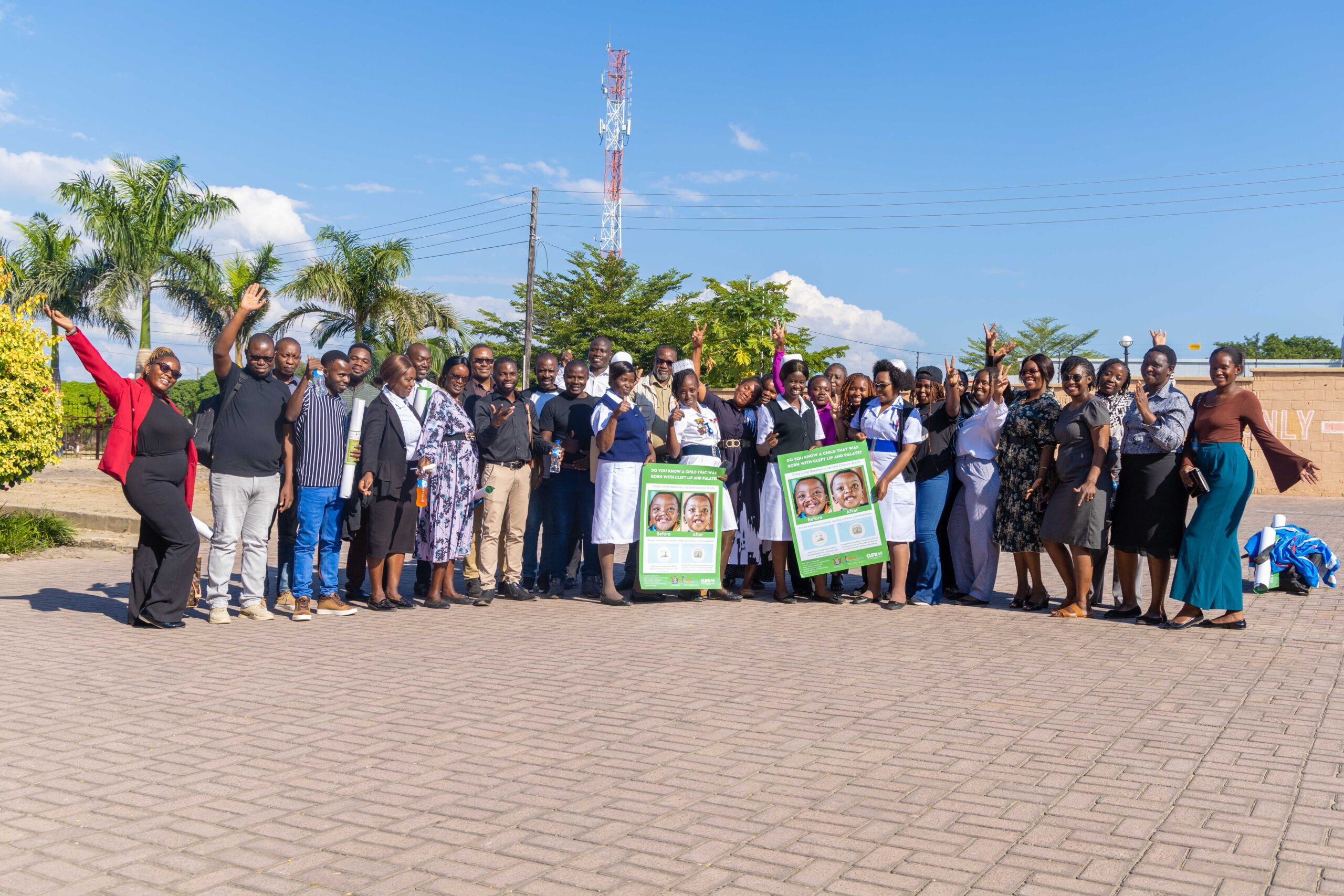According to global health data, approximately 1 in every 700 births results in a baby born with a cleft lip, cleft palate, or both. Cleft lip and palate is a congenital condition characterised by an opening or split in the upper lip and/or the roof of the mouth (palate). This translates to an estimated 200,000 to 250,000 babies born with cleft conditions worldwide each year. One of the most immediate and difficult challenges mothers face when their baby is born with a cleft lip or palate is feeding. Because of the gap in the lip or roof of the mouth, babies often struggle to latch or create the suction needed to breastfeed or bottle-feed effectively. This can lead to poor weight gain and malnutrition, both of which are serious concerns, especially since a child must reach a healthy weight before they can safely undergo cleft surgery.
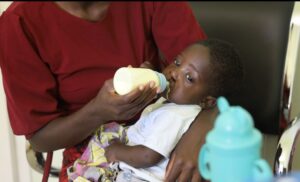
In many cases, mothers feel helpless and anxious as they try to nourish their baby without proper guidance or support. Health care workers, particularly those present at birth, such as midwives, nurses, and paediatricians, play a vital role in recognising these conditions early. Their ability to identify clefts during the initial newborn assessment allows immediate referrals to specialised care, including surgery, nutrition support, speech therapy, and psychosocial services. This early response reduces health risks and supports families through education and emotional guidance, giving them access to feeding specialists, cleft bottles, and nutritional counselling. Helping a child grow strong enough for surgery begins with equipping mothers to overcome these feeding obstacles with confidence and care.
Nurturing Knowledge for Better Cleft Outcomes
As part of ongoing efforts to strengthen referral systems and raise awareness about cleft conditions, Beit CURE recently hosted a cleft lip and palate awareness training in Western Province. The event brought together over 30 healthcare workers from various districts in the province. Participants were trained to identify children with cleft lip and palate, prepare them adequately for surgery, and refer them to Beit CURE for specialised care. The training also included practical guidance on educating mothers about feeding techniques for babies born with clefts.
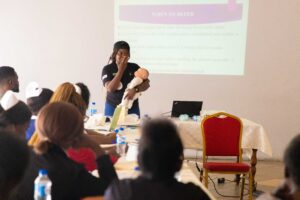
“Since the official launch of the Comprehensive Cleft Care Centre at Beit CURE, we’ve seen many babies with cleft conditions arrive at the hospital severely undernourished. Even when sent home with tailored feeding plans, many returned still underweight due to a lack of follow-up support,” said Constance Lubinda, Beit CURE Nutritionist. “As a hospital, we’re committed to raising awareness about cleft conditions in collaboration with the Ministry of Health. Our goal is to reach every mother and caregiver in vulnerable communities so that no child born with a cleft is left behind. This training is just one of many steps we’re taking to make that a reality.”
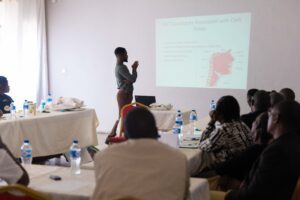
“Many children with cleft palate are at risk of developing middle ear infections and conductive hearing loss due to Eustachian tube dysfunction. Having seen firsthand how timely referrals and multidisciplinary follow-up, especially for hearing concerns, make a great difference in outcomes. Through these trainings, we are empowering local health providers with the knowledge to recognise these risks early and refer appropriately,” said Chris Mwaku Ear, Nose, and Throat Clinician at Beit CURE.

The Hidden Cost of Missed Diagnoses
When Malumbo was born, her mother, Luckness, was only 22 at the time and instinctively knew something was wrong. Despite all her efforts, her newborn daughter couldn’t nurse. Every feeding attempt ended in tears and frustration. What she didn’t know at the time was that Malumbo had a cleft palate.

Unfortunately, the signs were missed by the healthcare workers at the hospital. Rather than explore possible medical explanations, they assumed Luckness was simply not trying hard enough. She was kept in the hospital for weeks under this assumption, branded an inexperienced mother, and met with judgment rather than support. That judgment was felt even with her husband and in-laws; every time they would visit her and Malumbo in the hospital, they blamed her for not feeding the baby and doubted her capabilities as a mother.
Emotionally exhausted and physically recovering from a C-section, Luckness ran away from the hospital and sought solace at her mother’s home. There, she found rest, but no answers. For five years, Malumbo’s condition remained undiagnosed.
One day, one of Malumbo’s friends had come over to play. The friend fell during the play session and began to cry. As Luckness tried to comfort her, she noticed this child didn’t have a gap in the roof of her mouth like Malumbo did! A sudden realisation dawned. Could this be the reason Malumbo had struggled so much? She took Malumbo to a local hospital, where her daughter was finally diagnosed with a cleft palate and referred to Beit CURE Children’s Hospital in Lusaka.
Here, Malumbo received life-changing cleft palate repair surgery. Today, at six years old, Malumbo is in speech therapy, slowly but surely learning to speak without the barrier that once defined her early childhood.
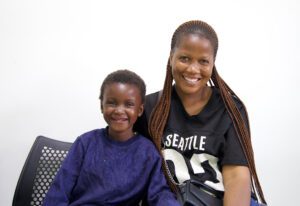
Because of the faithful support of Smile Train and Transforming Clefts CURE partners and donors, families receive life-changing medical care and spiritual encouragement at no cost. You, too, can be part of this healing mission.
Here are two ways you can help:
Learn more about cleft lip and cleft palate and the work CURE is doing to help kids living with these treatable conditions.
Sponsor surgery for another child, like Malumbo, who is living with a cleft lip and/or palate.
About the Beit-CURE Children’s Hospital of Zambia
Established in 2006, CURE Zambia performs over 2,500 life-changing reconstructive, orthopedic, ENT, and audiological surgeries each year for children suffering from treatable disabilities. Strategically located in Lusaka, the teaching hospital comprises six buildings, 54 beds, and three operating theatres. In addition to world-class clinical service, CURE Zambia ministers to the emotional and spiritual needs of patients and their communities. The Beit Trust, a UK-based charity, provided the funding for this facility as a centennial gift to the people of Zambia. CURE Zambia is a strategic partner with the Ministry of Health.
